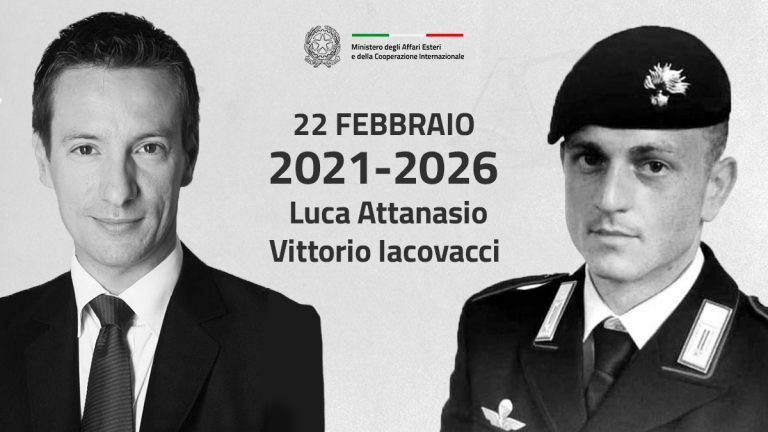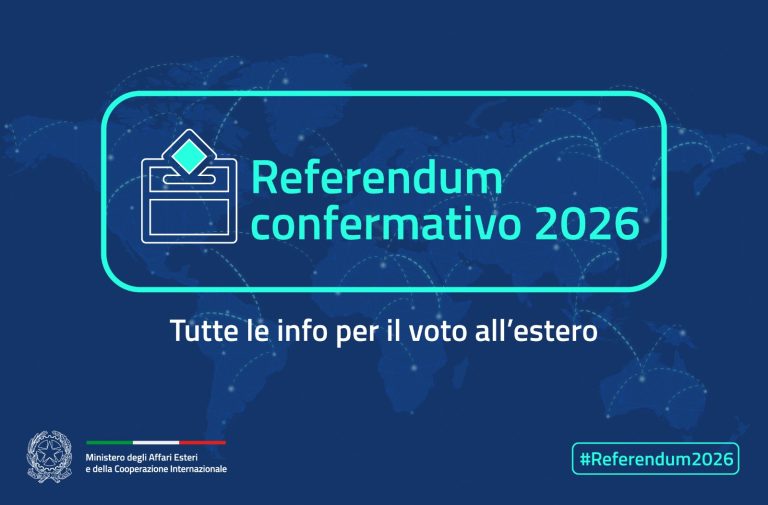Italian voters and their families living abroad for at least three months, for study, work or medical care, when the Parliamentary elections are held, are entitled to vote by post, as arranged by Italian Consular offices (Law no. 459 of 27 December, 2001 para.1 of Art. 4-bis). The voting notification card will be delivered to their addresses abroad.Italian nationals liviing abroad and registered on the electoral rolls of their respective MUNICIPALITIES, must send them a written notice of their choice (Option) by 31 January 2018. The option to vote by post may be subsequently withdrawn within the same timeframe in which it may be taken. This option to vote by post is only valid for one election, which in this case is the Parliamentary elections on 4 March, 2018.
The facsimile option, which is available here, can be sent by post, telefax, email (also non certified email), or hand-delivered to the Municipality by a person other than the individual voting.The option notice must be written on unstamped paper and must contain a copy of a valid identity document of the applicant, and his/her postal address abroad. It must also include information about the Consular Office competent for the territory and a statement which confirms the individual concerned is entitled to vote by post, since he/she is temporarily residing abroad for study, work or medical care, in a foreign Country where he/she has no registered residence for a period of at least three months, including the date set for the elections. This also applies to a family member living under the same roof of an Italian citizen who meets these conditions.
The statement must be made in accordance with articles 46 and 47 of the Decree of the President of the Republic of 28 December 2000, no. 445 (Consolidated Law of the legislative and regulatory provisions concerning administrative documentation), acknowledging that criminal liabilities may follow in cases of making false or untrue statements (art. 76 of the above Decree of the President of the Republic of 28 December 2000, no. 445).



